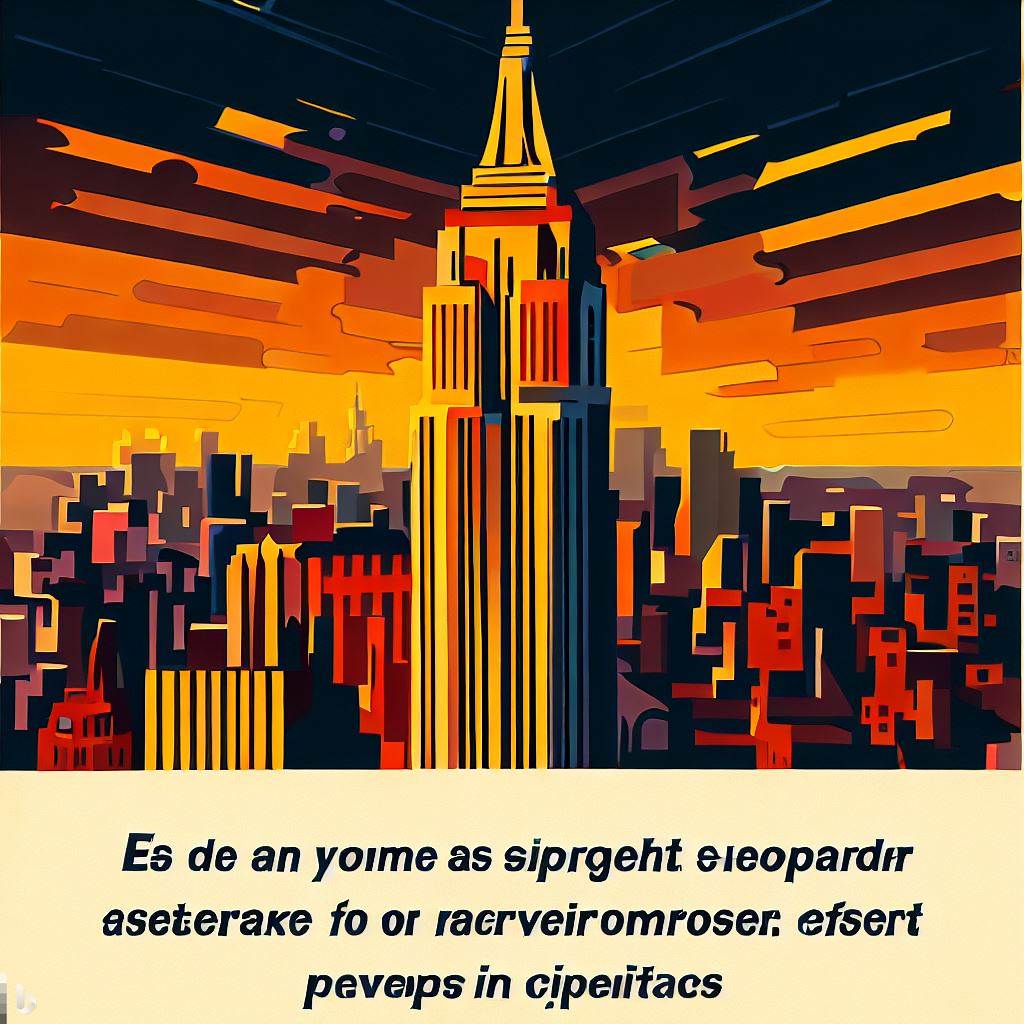The Shift in Labor: A Transition from Human Workers to Automation
In recent times, we’ve witnessed a significant social and economic shift in the labor market, along with a notable rise in artificial intelligence (AI) technology. As discussions surrounding immigration have intensified, many observers have begun to draw parallels between the expulsion of undocumented workers and the increasing deployment of robotic systems in various industries.
The current trend appears to align more closely with the evolving landscape of labor than with traditional notions of border control or national identity. It seems evident that businesses may be seeking to replace human labor with machines, which can often serve as even cheaper alternatives to traditional low-wage workers. This shift harkens back to an overarching narrative: a battle not merely of nations but of humans against machines.
The implications of this transition are significant. As AI technology continues to advance, the potential for automation to fulfill roles previously occupied by human workers grows ever more likely. Rather than merely replacing immigrant labor, this trend raises vital questions about the future of work itself and the roles humans will play in an increasingly automated world.
While it may be tempting to view this movement through the lens of cultural or political divides, it is essential to recognize that the core issue at hand transcends borders and ideologies. The conversation about the integration of AI into our workforce is ultimately about redefining labor relationships in an age where machines are becoming increasingly capable.
As we navigate this complex landscape, it becomes crucial to engage in thoughtful dialogue about what the future holds for both human workers and technological advancements. The challenge lies in finding a balance that benefits all, ensuring that the rise of machines does not lead to a displacement of our workforce without providing alternative opportunities. In exploring this theme, we can better prepare for the evolving dynamics of work in our society.



